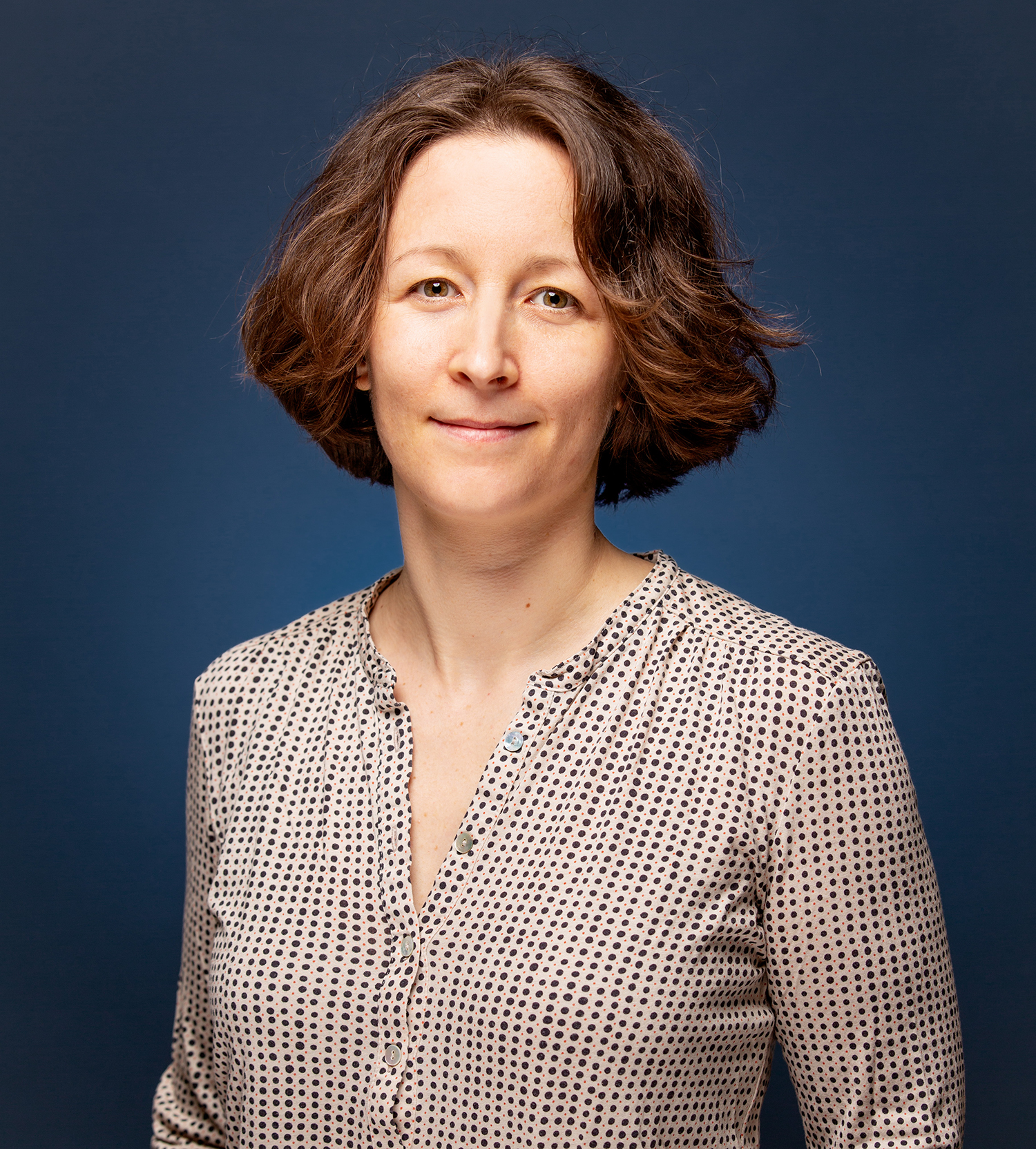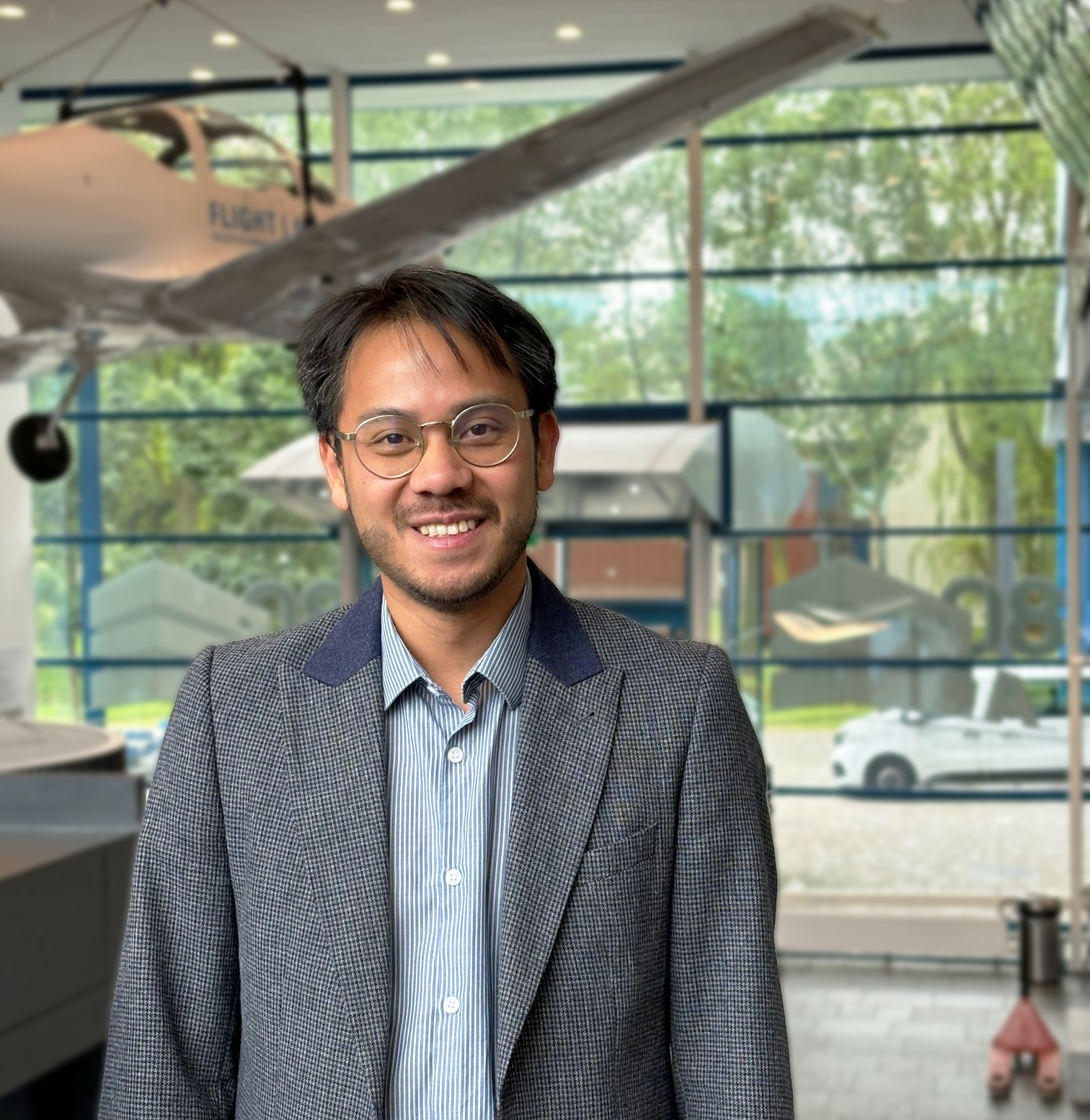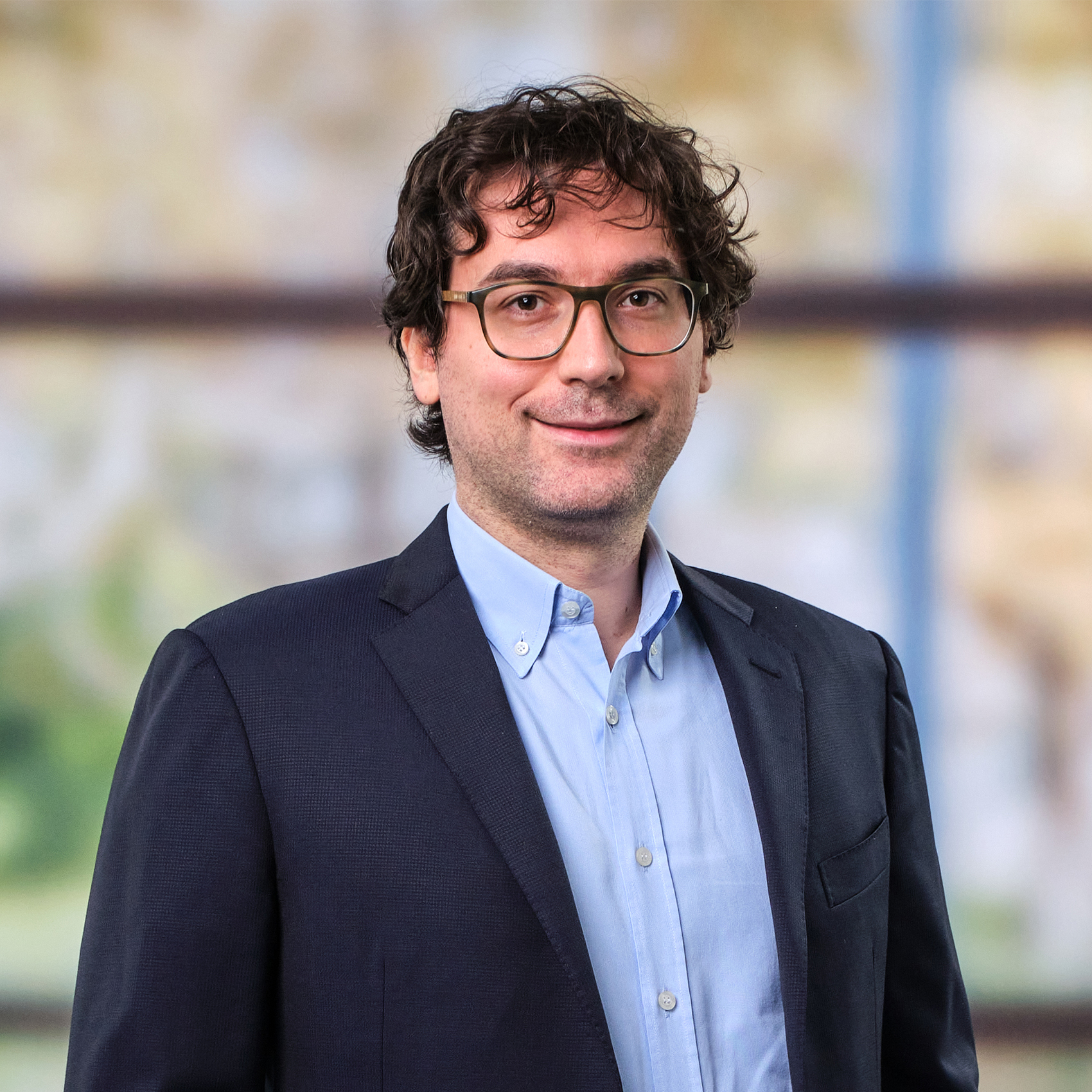ERC Starting Grant for five TU Delft researchers
The European Research Council (ERC) has announced the ERC Starting Grants for young researchers. Five of them are scientists from TU Delft. This European grant of €1.5 million for a five-year research programme is intended to enable individual scientists to build their own teams and conduct groundbreaking research.
The ERC Starting Grant winners from TU Delft are:
QScope – Deciphering Neurodegenerative Disease with Fast 3D Imaging & Functional Nanoscopy
Kristin Grußmayer, Applied Sciences, Bionanoscience
Neurodegenerative diseases such as Huntington’s disease are incurable. These diseases are progressive brain disorders with severe effects on movement and mental functioning. They are associated with a build-up of aberrant clumps of proteins – so-called aggregates – inside the brain. How damage in the brain develops is far from understood however, due to our lack of insight into early processes. Biophysicist Kristin Grußmayer will search for causes by looking into brain cells and individual molecules. The QScope project is expected to elucidate the role of protein aggregation and phase transitions, relevant for a broad variety of diseases.
Recently, unusual liquid-liquid phase separation inside of brain cells has emerged as a possible cause for proteins clumping together in neurodegenerative disease. Grußmayer: “I will investigate how different material states of aggregates form, using my expertise on studying individual molecules and taking fast 3D images of cells.”
Huntington’s disease is caused by a gene defect resulting in aggregation-prone huntingtin protein. The diverse sizes and shapes of the aggregates pose a remarkable challenge, and multiple complementary approaches are needed to unravel their shape, structure and characteristics. Grußmayer will develop multimodal AI-informed quantitative microscopy and nanoscopy to decipher how aggregates in neurodegenerative disease form and mature. This will allow her to connect what is going on at the molecular level to the disease symptoms at the cell level. Importantly, her group will work without directly attached dyes and exploit virtually stained quantitative microscopy, interfering with aggregation processes as little as possible.
Personal Page
Visit Grußmayer Lab
Faculty press release
RIPLEY – Reliable Intelligence for Precise Large-area Soft Robot to Environment Interaction Control
Cosimo della Santina, Mechanical Engineering, Cognitive Robotics
Assistant professor at the Faculty of Mechanical Engineering, Cosimo Della Santina, has received an ERC Starting Grant to advance the intelligence of soft robots. His research will focus on having robots interacting with their environment via multiple complex large-area contacts, similar to how an elephant wraps its trunk around a branch.
Traditional robots are rigid and made of hard materials, while soft robots, made from materials such as silicone, are flexible and safe to use. They can perform tasks that are impossible for hard robots. "Soft robots have many advantages over rigid robots, but we are not utilising their full potential. The current algorithms limit their ability to interact with their environment over a larger surface area." To address this, the intelligence of soft robots needs a complete redesign. This is a huge challenge that Della Santina is eager to tackle. "If successful, we can significantly increase the versatility and usability of soft robots."
Over the five-year duration of the project, Della Santina hopes to develop algorithms and test them on existing soft robots in the lab. The ultimate goal is to combine multiple of these tentacle-like robots into an alien-looking robot that can move autonomously, unlocking applications from inspection to agriculture to healthcare.
CONTEXT - Control of Extreme Events in Turbulent Flows with Scientific Machine Learning
Anh Khoa Doan, Aearspace and Engineering, Flow Physics and Technology
Anh Khoa Doan, Assistant Professor in AI for Fluid Mechanics at the faculty of Aerospace Engineering, will receive the ERC Starting Grant for his research on using scientific machine learning to predict and control extreme events in turbulent flows. These extreme events, taking place in fluid flows, are expected to increase as a result of both climate change and the use of renewable technology. Think for example of atmospheric events leading to extreme weather, rogue ocean waves that can capsize boats or flashbacks in aircraft engines burning hydrogen.
Anh Khoa Doan: “Being able to predict these extreme events is a major challenge because of the chaotic nature of these turbulent flows. It’s a difficult task even for modern deep learning techniques, as they have to deal with the relative rarity of extreme events which is in contrast to traditional big data situations. In my project, I will develop a new scientific machine learning framework that seamlessly merges techniques from deep learning with physics-based flow solver. This combination will compensate for either approach's shortcomings and will enable the prediction, forecasting, and control of these extreme events in turbulent flows, mitigating their consequences.”
Predicting and controlling these events can help in making renewable technology more resilient and in creating a climate resilient society.
CareNow – Careful, now! A New Socio-Structural Theory of Manipulation and its Normative Status
Michael Klenk, Technology, Policy and en Management, Values, Technology and Innovation
Michael Klenk is an assistant professor in the philosophy of technology at the Faculty of Technology, Policy, and Management, and a member of the Delft Design for Values Institute. He has been awarded the ERC Starting Grant for his research project, “CareNow.” This project challenges the common idea that manipulation is a form of malicious interference in the affairs of solitary, independent individuals. Instead, it aims to develop the first theory of manipulation that acknowledges our need for social support in reasoning. The theory will be the first that can explain manipulation by social systems and technology like AI. It’s innovative methodology combines a conceptual, philosophical investigation of manipulation with experimental studies.
Interest in philosophical theories of manipulation has grown significantly in recent years. This is partly due to discussions about rising populism, political division, and events like the Cambridge Analytica scandal, where philosophical insights help identify problematic and manipulative influences. Getting the definition of manipulation right is crucial, but current theories are not well-suited for the task because they focus too much on individuals and thus cannot explain new forms of manipulation due to social systems or new technology, like AI. They assume that humans think and reason independently. However, in reality, we are social beings who rely on others and supportive technology to think and act effectively.
By challenging the idea that manipulation only involves individuals and instead focusing on social influences, CareNow is bold, ambitious, and potentially groundbreaking.
Personal page
Faculty press release
RIPPLE - Redirect Innovation to foster Positive tipping Points and prevent Lock-ins in the clean Energy transition
Giacomo Marangoni, Technology, Policy and Management, Multi Actor Systems
Giacomo Marangoni is assistant professor of policy analysis at the faculty of Technology, Policy and Management, and is involved with the Governance theme of TU Delft Climate Action Programme (CAP).
Marangoni has received the ERC Grant for his project "RIPPLE," which challenges key limitations of current climate-energy-economic models. These models often overestimate the costs of clean energy technologies and oversimplify related decision-making, making them particularly inadequate for exploring scenarios of and policies for disruptive transition to a green economy.
RIPPLE focuses on positive tipping points—rapid, large, and irreversible shifts towards clean energy. The project aims to develop more accurate models by exploring how innovation in green technologies can foster positive tipping, how material and financial constraints can hinder positive tipping, and how positive tipping can be triggered and detected early. RIPPLE combines advanced economic approaches and machine learning to lay the scientific groundwork for supporting rapid and effective climate action planning, hopefully making the green economy tip before the climate does.
“Receiving this ERC grant is an extraordinary honour and an exciting opportunity. The topic of RIPPLE is incredibly relevant in today's rapidly changing climate, but it also presents significant conceptual and computational challenges. Thanks to this grant, I now have the privilege to lead a team of researchers in solving these challenges. My goal is to inspire the next generation of climate-economic models, providing more effective support to policy-makers in identifying opportunities for a fast, yet feasible and fair, transition to a green economy.”
About the ERC
The ERC, set up by the European Union in 2007, is the premier European funding organisation for excellent frontier research. It funds creative researchers of any nationality and age, to run projects based across Europe. The ERC offers four core grant schemes: Starting Grants, Consolidator Grants, Advanced Grants and Synergy Grants. With its additional Proof of Concept Grant scheme, the ERC helps grantees to bridge the gap between their pioneering research and early phases of its commercialisation.
Read the ERC press release.




